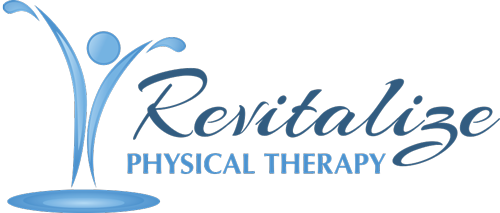
Overactivity of the pelvic floor muscles may result in sexual dysfunction. Dyspareunia, or pain experienced during vaginal penetration, may occur with initial insertion, with deeper penetration, or with both. Pelvic pain can be constant or intermittent, and it can radiate to the low back, thighs, or buttocks. Chronic pelvic pain refers to pelvic pain that has been present for six months or longer.
Stomach Pain After Sex and Other Types of Pelvic Pain
Pelvic pain can be extremely confusing, especially because there are many different conditions that are associated with pelvic pain. In both men and women, these include constipation, inflammatory bowel diseases, irritable bowel syndrome, diverticulitis, fibromyalgia, inguinal hernia, interstitial cystitis, urinary tract infection, prostatitis, and past physical or sexual abuse. In women, additional causes of pelvic pain include endometriosis, adenomyosis, dysmenorrhea (menstrual cramps), ovarian cysts, pelvic inflammatory disease, uterine fibroids, or vulvodynia.
Abdominal Pain After Sex or a Stressful Event Can Produce Overactivity of the Pelvic Floor Muscles
Any of the aforementioned conditions are perceived as stressors to the pelvic floor muscles. In response to the given stressor, the muscles in the pelvic floor may tighten or spasm as a protective mechanism to prevent further injury. An analogy to help understand this phenomenon is that the muscles sense an intruder is entering its home, and they reflexively tighten in an attempt to keep the invader out of its domain. However, even though the body is trying to protect the individual, it may inadvertently produce overactivity of the pelvic floor muscles. This tightening of the muscles themselves can cause a cascade of problems including decreased muscle flexibility, skeletal misalignments, and nerve compression.
Furthermore, chronic tightening or prolonged overactivity of the pelvic floor muscles can result in trigger points, or little “knots” in the muscles. These trigger points are often extremely painful when touched. Both tightness of the pelvic floor muscles and development of trigger points contribute to sexual dysfunction.
Pelvic Floor Therapy for Muscle Overactivity Due to Stress, Jobs and More
Pelvic floor muscle overactivity can also develop over time in response to stress. Many people are often unaware of when and where they store stress in their bodies. Sometimes, people store stress in the top half of their core, in the neck and shoulders. Other times, people store stress and tension in the lower half of their core, namely in their pelvic floor muscles. Jobs that involve prolonged sitting may also contribute to overactivity of the pelvic floor muscles, and that is why “sitting is the new smoking” has become a popular pelvic floor therapy adage.
Because pelvic pain can be so confusing, patients are often misdiagnosed for years after numerous consultations with physicians from various specialties. Pelvic floor muscle overactivity and trigger points are not detectable on diagnostic imaging and scans. It can be very frustrating and invalidating for suffering patients to be hear, “There seems to be nothing wrong with you. Have a glass of wine or take a xanax and then you should be good to go.”
Pelvic Floor Physical Therapy Can Help Sexual Dysfunction
Wine and xanax do not fix overactivity of the pelvic floor muscles. However, pelvic floor physical therapy is an evidence based effective intervention to address these issues. Overactivity of the pelvic floor muscles warrants a downtraining program which includes manual therapy (i.e. deep tissue massage, connective tissue mobilization, trigger point release, and myofascial release), diaphragmatic breathing, relaxation training, stress reduction techniques, and body awareness education. Patients are also taught exercises that they can perform at home to expedite their healing process which may include dilators, external hip stretches, self massage techniques, and yoga.
Pelvic Floor Therapy in New York City for Sexual Dysfunction
Too many people have been suffering in silence for too long. If you or someone you know has been experiencing sexual dysfunction, pelvic floor physical therapy may be the solution for you. Please contact us at Revitalize Physical Therapy to learn more about how our services can benefit you.


